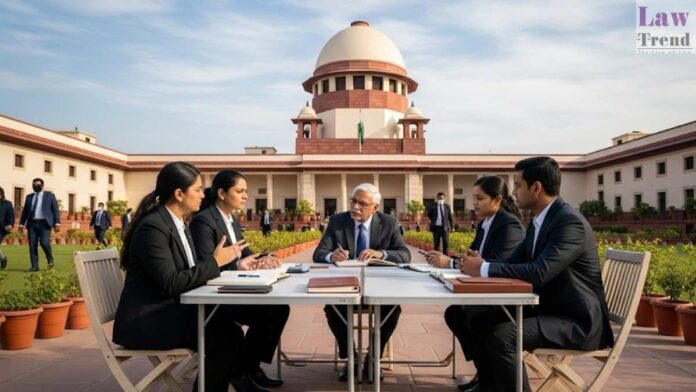The Supreme Court has dismissed an arbitration petition filed under Section 11(6) of the Arbitration and Conciliation Act, 1996 (“the Act”), holding that Indian courts lack jurisdiction to appoint an arbitrator where the parties have chosen a foreign seat of arbitration in their principal or “Mother Agreement.” The Division Bench comprising Justice Pamidighantam Sri Narasimha
To Read More Please Subscribe to VIP Membership for Unlimited Access to All the Articles, Download Available Copies of Judgments/Order, Acess to Central/State Bare Acts, Advertisement Free Content, Access to More than 4000 Legal Drafts( Readymade Editable Formats of Suits, Petitions, Writs, Legal Notices, Divorce Petitions, 138 Notices, Bail Applications etc.) in Hindi and English.




